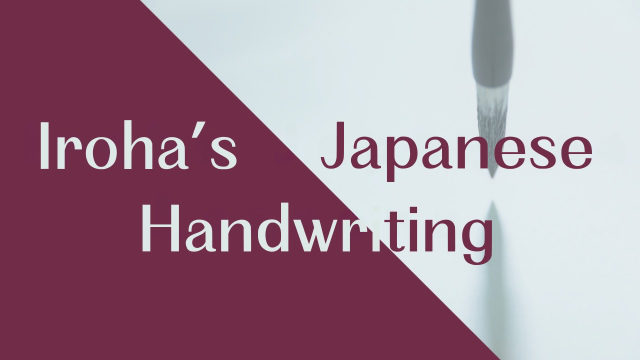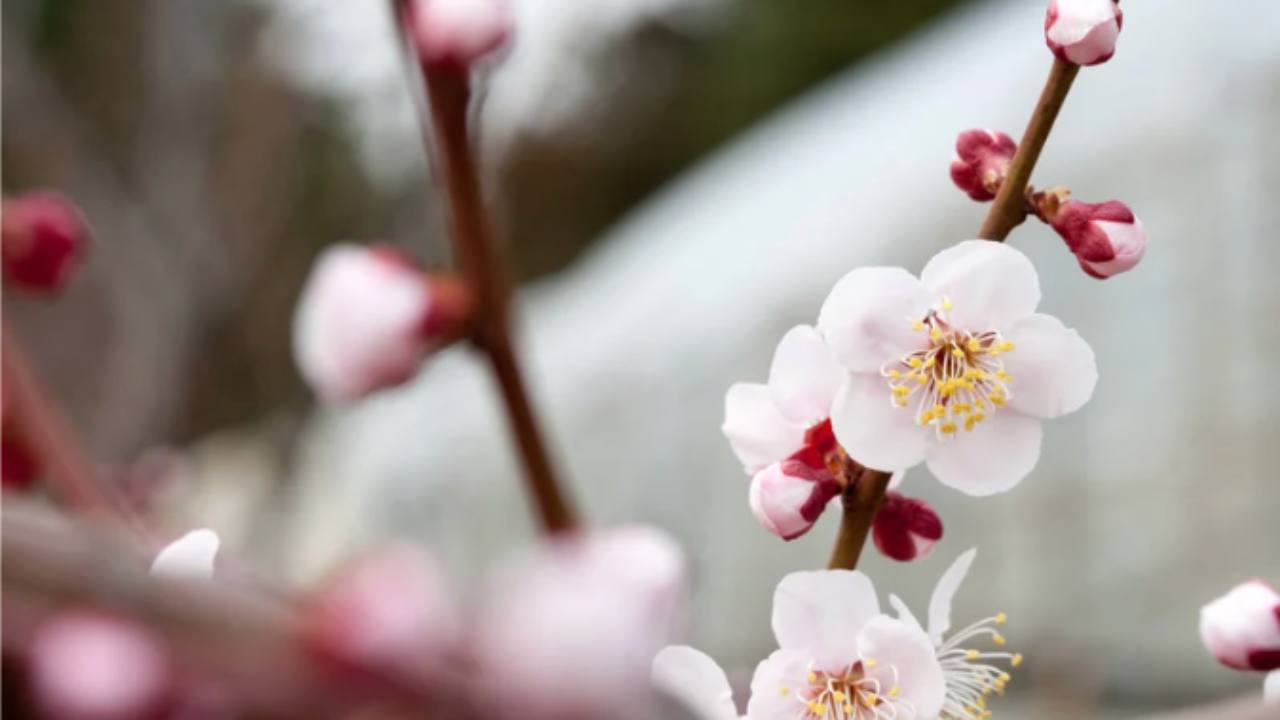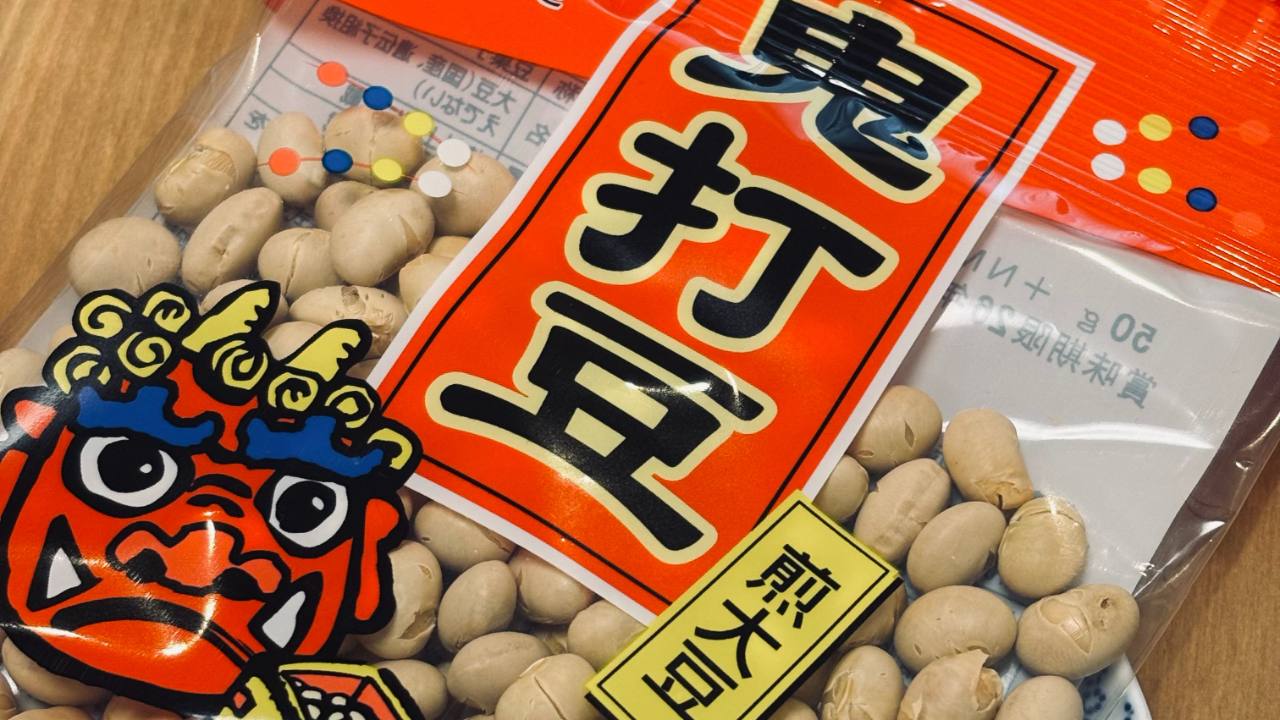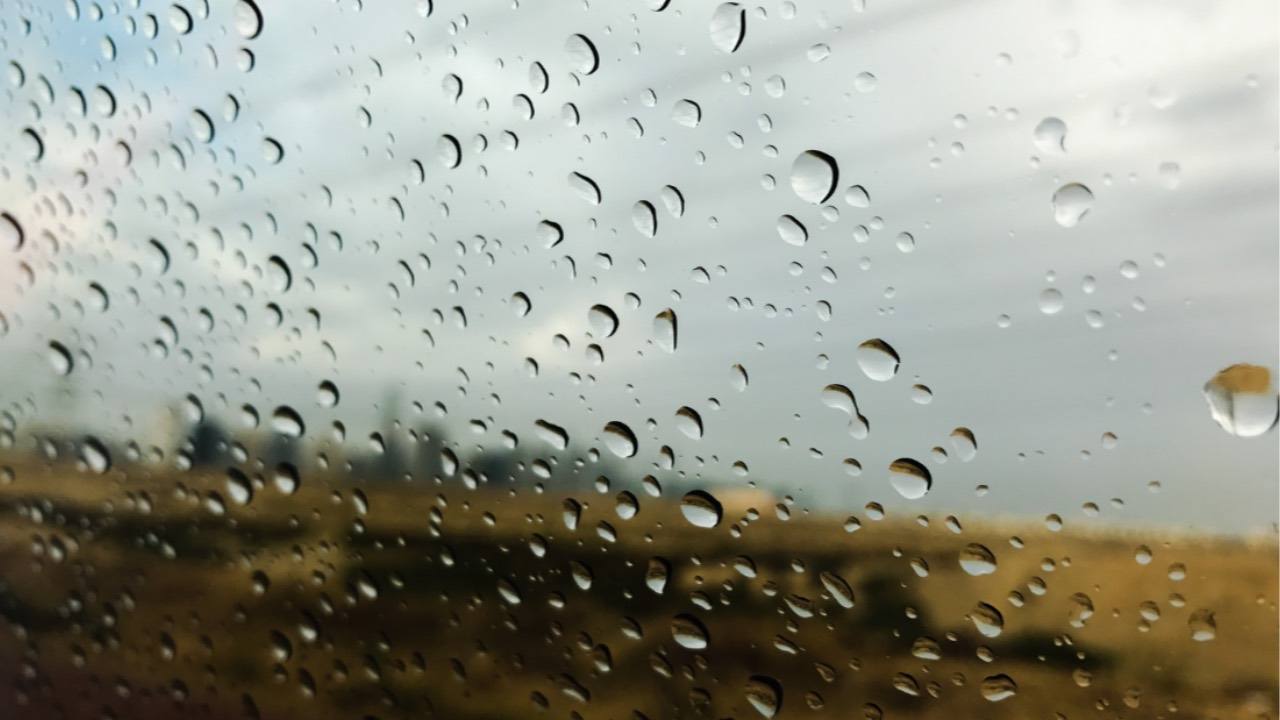清明の日|Seimei – A Quiet Turning Point
こんにちは、いろはです。
明日は、二十四節気(にじゅうしせっき)のひとつ、「清明(せいめい)」の日です。
自然が清らかで明るく、生きものたちがいきいきと動き出す――そんな季節の訪れを感じさせる、美しい言葉ですね。
Hello, this is Iroha.
Tomorrow is Seimei (清明), one of the 24 seasonal markers known as Nijūshi Sekki in the traditional East Asian calendar.
It’s a time when nature begins to glow with clarity and brightness—full of life and new beginnings.
二十四節気とは?
「二十四節気」は、古代中国の暦に由来する季節の区切り方で、日本でも長く使われてきました。
1年を24の節に分け、自然の移ろいをより細やかに捉えようとする考え方です。
現代の日本では、カレンダーや季語、行事などにその名残が見られます。
たとえば、「立春」「夏至」「冬至」などもそのひとつです。
What are the 24 seasonal markers?
The 24 seasonal markers (Nijūshi Sekki) come from the ancient Chinese lunar calendar and have long been used in Japan.
They divide the year into 24 mini-seasons, each reflecting subtle changes in the natural world.
Though they’re no longer used for daily timekeeping, they still appear in calendars, seasonal poetry, and traditional events.
You might recognise names like Risshun (the beginning of spring), Geshi (summer solstice), or Tōji (winter solstice).
清明(せいめい)とは?
「清明」は、二十四節気の5番目にあたり、毎年4月4日ごろから始まります。
漢字の通り、「清らかで明るい」という意味があり、
草木が芽吹き、空気が澄み渡り、自然が命に満ちていく頃を表しています。
沖縄ではこの時期に「清明祭(シーミー)」という祖先を敬う行事があり、家族でお墓を訪れ、食事を囲む風習も見られます。
What is Seimei?
Seimei is the 5th seasonal marker and usually begins around 4th April.
The name literally means “clear and bright”, reflecting a time when the skies are clear, plants begin to sprout, and nature bursts into life.
In Okinawa, this period includes a tradition called Shīmī (清明祭), where families gather at ancestral graves to honour their loved ones and share food together.
おわりに
こうした節気の言葉に触れると、季節の小さな変化にも心が向くようになりますね。
次回のニュースレターでは、春の花にまつわる日本語表現をご紹介する予定です。どうぞお楽しみに!
– いろは
In Closing
Learning words like Seimei helps us become more aware of the small changes in the seasons and appreciate the rhythm of nature.
In the next issue, I’ll introduce some beautiful Japanese expressions related to spring flowers. I hope you’ll look forward to it!
– Iroha





